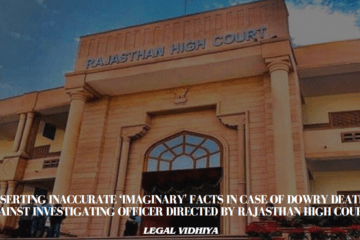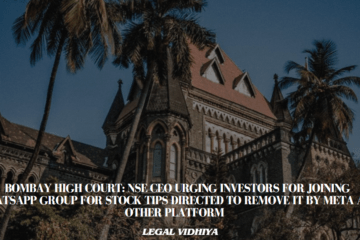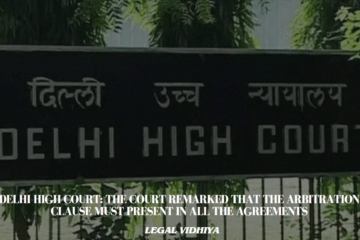
Supreme Court upholds group of companies doctrine, the doctrine was contested by some parties, who said that it did not consider individual party autonomy and the separate legal entity concept. The Supreme Court on Wednesday ruled that non-signatory firms can be bound by arbitration agreement under the ‘group of companies’ doctrine. This means that companies that belong to the same group of firms, but are not signatories to the arbitration agreement, can still be bound by the agreement. It was also held that “The non-signatory by their relation to the signatory and performing commercial duties are not strangers to the dispute in comparison to signatory parties. The Group of Companies is founded on the mutual intent of the parties. This doctrine must be retained in the Indian arbitration jurisprudence considering its utility in determining the intention of the parties in the context of complex transactions involving multiple parties and multiple agreements,” the Bench of Chief Justice of India (CJI) DY Chandrachud, Justices Hrishikesh Roy, PS Narasimha, JB Pardiwala and Manoj Misra said in the Cox and Kings vs SAP India Pvt Ltd verdict.
• An agreement to refer disputes to arbitration must be in a arbitral tribunal which will determine whether a non-signatory is a party to an arbitration agreement by interpreting it, while interpreting and constructing the contract, courts or tribunals may adopt well-established principles, which aid and assist proper adjudication and determination. The Group of Companies doctrine is one such principle.
• Ascertaining the intention of the non-signatory to be party. Since the purpose of inquiry by a court or arbitral tribunal under Section 7(4)(b) and the Group of Companies doctrine is the same, the doctrine can be subsumed within Section 7(4)(b) to enable a court or arbitral tribunal to
determine the true intention and consent of the non-signatory parties to refer the matter to arbitration.
• The expression “claiming through or under” in Sections 8 (supra) tracing the Group of Companies doctrine through the phrase “claiming through or under” in Sections 8 and The expression ‘party’ in Section 2(1)(h) and Section 7 is distinct from “persons claiming through or under them”.
CASE NAME : Cox and Kings Ltd. Vs SAP India Pvt. Ltd. & Anr.
NAME : Kavya Jaggi , 5TH Semester, Jai Narain Vyas University, Jodhpur, Rajasthan, intern under legal vidhiya
Disclaimer: The materials provided herein are intended solely for informational purposes. Accessing or using the site or the materials does not establish an attorney-client relationship. The information presented on this site is not to be construed as legal or professional advice, and it should not be relied upon for such purposes or used as a substitute for advice from a licensed attorney in your state. Additionally, the viewpoint presented by the author is of a personal nature.




0 Comments